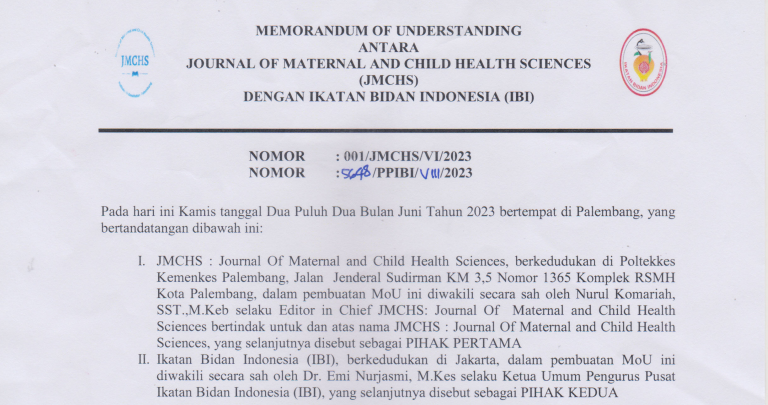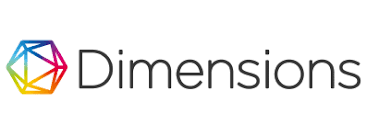Reducing Maternal Anxiety Levels Using Autogenic Relaxation During The Covid 19 Pandemic
Abstract
ABSTRACT
Background: In Indonesia and even the world is experiencing the Coronavirus disease 2019 (COVID-19) pandemic. This can cause anxiety and have a negative impact on the psychology of pregnant women. Autogenic Relaxation is a form of mind body intervention, originating from within oneself that can make the mind calm, making motivational words or sentences done by imagining oneself in a calm and peaceful state, focusing on heart rate and breathing regulation can reduce anxiety levels pregnant women during the COVID-19 pandemic. Objective: To determine the Effect of Autogenic Relaxation Techniques on Anxiety Levels of Pregnant Women During the Covid-19 Pandemic At BPM Meli Rosita Palembang in 2021. Results: Statistical test results Anxiety levels before and after being given treatment with Autogenic relaxation techniques (Treatment Group) obtained p-value 0.001 (<0.05). The results of the Mann Whitney statistic test obtained a p value of 0.000 <0.05. With this it can be said that there is a difference in the Posttest of the treatment group and the control group. Because there is a significant difference, it can be said that "There is an effect of Autogenic Relaxation Techniques on the anxiety level of pregnant women during the Covid-19 pandemic at BPM Meli Rosita in 2021. Conclusion: There is an effect of Autogenic Relaxation Technique on the anxiety level of pregnant women during the Covid-19 pandemic at BPM Meli Rosita in 2021. Suggestion: It is hoped that the autogenic relaxation technique that has been done previously can be applied again routinely at home.
Keywords: Anxiety Levels, Autogenic Relaxation Techniques, Pregnant Women During the Covid-19 Pandemic

This work is licensed under a Creative Commons Attribution-ShareAlike 4.0 International License.
Authors who publish with this journal agree to the following terms:
- Authors retain copyright and grant the journal right of first publication with the work simultaneously licensed under a Creative Commons Attribution License that allows others to share the work with an acknowledgement of the work's authorship and initial publication in this journal.
- Authors are able to enter into separate, additional contractual arrangements for the non-exclusive distribution of the journal's published version of the work (e.g., post it to an institutional repository or publish it in a book), with an acknowledgement of its initial publication in this journal.
- Authors are permitted and encouraged to post their work online (e.g., in institutional repositories or on their website) prior to and during the submission process, as it can lead to productive exchanges, as well as earlier and greater citation of published work












